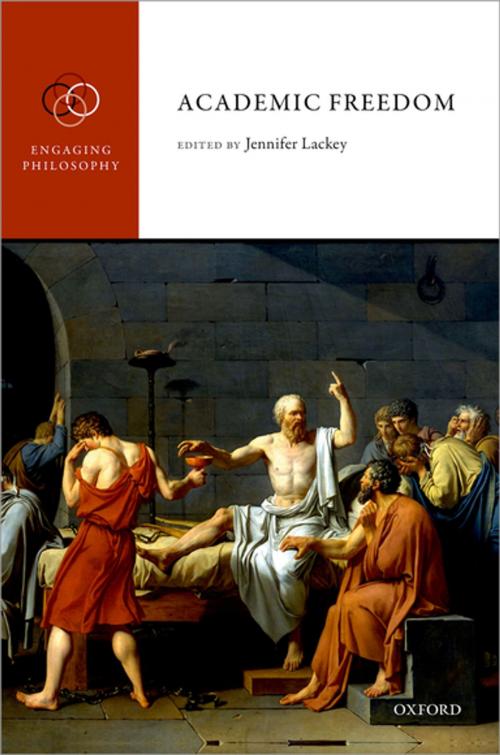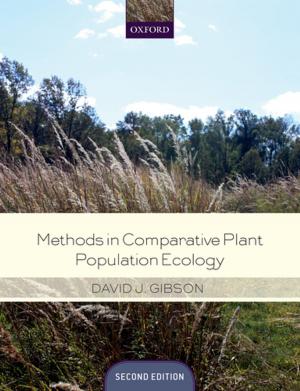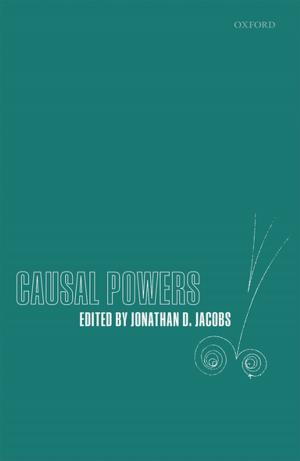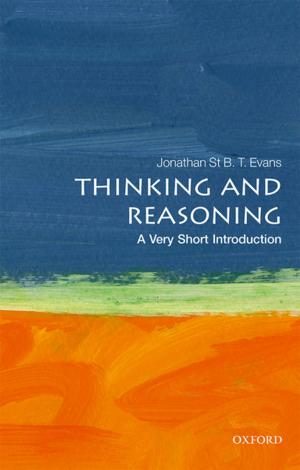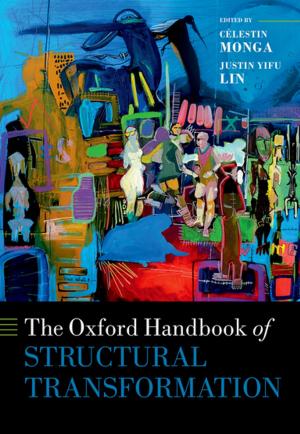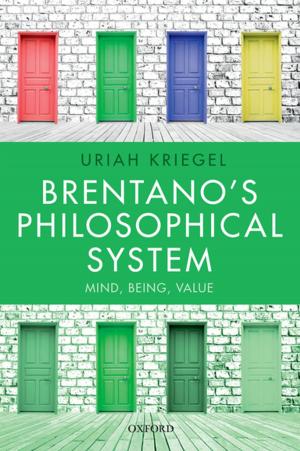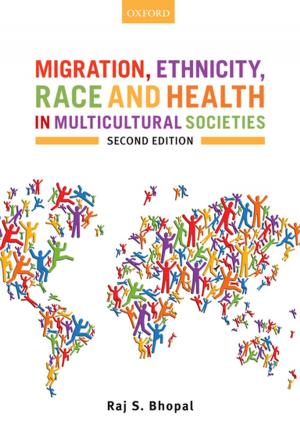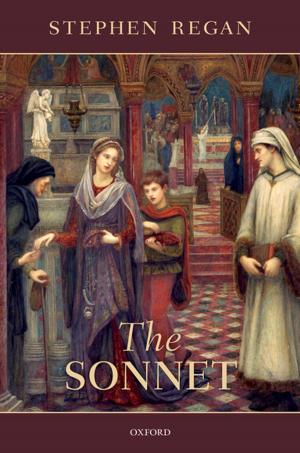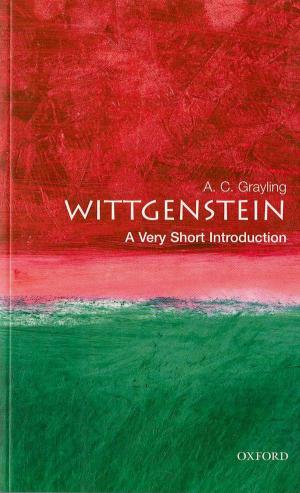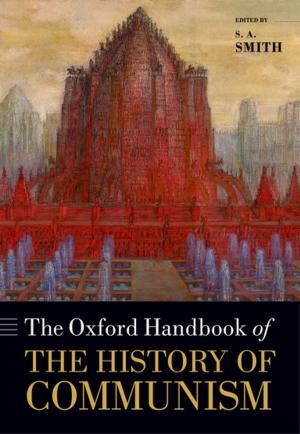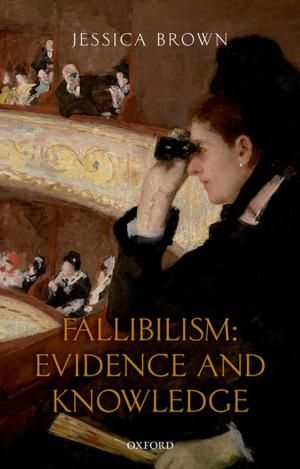Academic Freedom
Nonfiction, Reference & Language, Education & Teaching, Higher Education, Religion & Spirituality, Philosophy| Author: | ISBN: | 9780192509130 | |
| Publisher: | OUP Oxford | Publication: | October 18, 2018 |
| Imprint: | OUP Oxford | Language: | English |
| Author: | |
| ISBN: | 9780192509130 |
| Publisher: | OUP Oxford |
| Publication: | October 18, 2018 |
| Imprint: | OUP Oxford |
| Language: | English |
Academic freedom allows members of institutions of higher learning to engage in intellectual pursuits without fear of censorship or retaliation, and lies at the heart of the mission of the university. Recent years have seen growing concerns about threats to academic freedom, many brought about from the changing norms of (and demands on) the university. A wide range of new issues - including content warnings, safe spaces, social media controversies, microaggressions, and no platforming - have given rise to loud cries, in both scholarly and popular contexts, that academic freedom is under serious attack. This volume fills both of these gaps in the current literature by bringing together leading philosophers from a wide range of areas of expertise to weigh in on both traditional issues and timely challenges that involve academic freedom. Divided into four main sections, it covers the rationale of academic freedom, its parameters, the new challenges to academic freedom (ranging from content warnings to political correctness), and the conflicts between academic freedom and the enforcement of laws and regulations governing the university.
Academic freedom allows members of institutions of higher learning to engage in intellectual pursuits without fear of censorship or retaliation, and lies at the heart of the mission of the university. Recent years have seen growing concerns about threats to academic freedom, many brought about from the changing norms of (and demands on) the university. A wide range of new issues - including content warnings, safe spaces, social media controversies, microaggressions, and no platforming - have given rise to loud cries, in both scholarly and popular contexts, that academic freedom is under serious attack. This volume fills both of these gaps in the current literature by bringing together leading philosophers from a wide range of areas of expertise to weigh in on both traditional issues and timely challenges that involve academic freedom. Divided into four main sections, it covers the rationale of academic freedom, its parameters, the new challenges to academic freedom (ranging from content warnings to political correctness), and the conflicts between academic freedom and the enforcement of laws and regulations governing the university.
